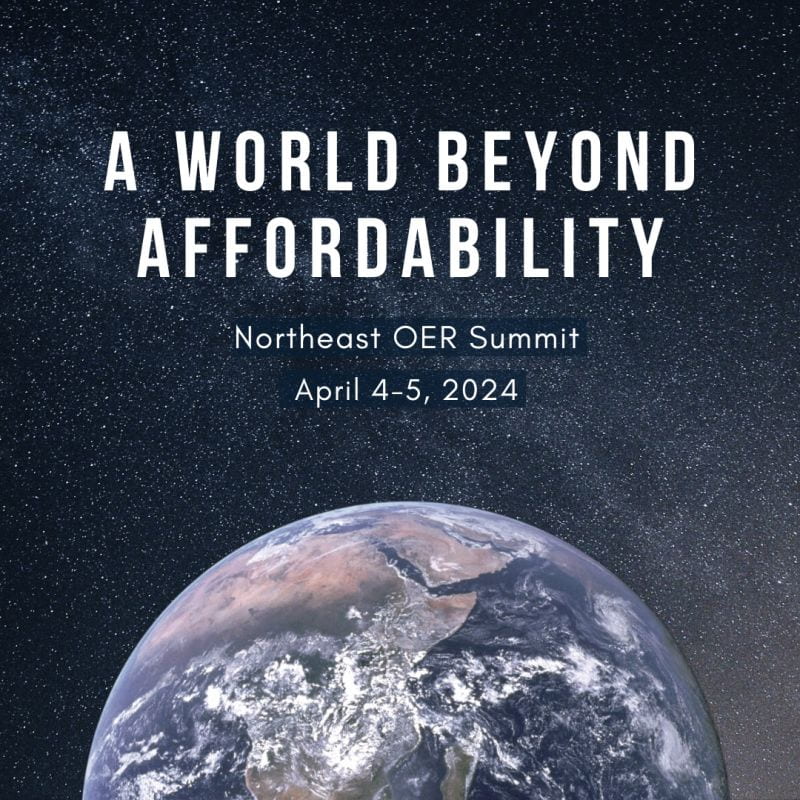Kudos to the following members of the UMass Dartmouth community on their research and publishing accomplishments:
Associate Dean of the College of Engineering Iren Valova participated in a panel on artificial intelligence at the Associated Industries of Massachusetts’ Commonwealth Conversation series. Valova joined Dell Technologies and TD Bank officials to discuss how artificial intelligence is changing the business landscape across industries and sectors of the economy.
Professor Avijit Gangopadhyay (Estuarine & Ocean Sciences) co-authored “On the evidence of helico‑spiralling recirculation within coherent cores of eddies using Lagrangian approach” in Nature’s Scientific Reports. The article aims to advance comprehension of coherent eddies’ structural characteristics and their internal dynamics.
Professor Geoff McDonald (Law) was interviewed for an article about post-foreclosure evictions. Based on his research, McDonald focuses on technical bankruptcy questions and the moral basis of bankruptcy, including the interrelated issues of debt, justice, and forgiveness.
Professor Brian Williams (History) authored an article in The Conversation on Ukraine’s defeat of Russia’s Black Sea Fleet due to their superior weapons and naval tactics.
Professor Chad McGuire (Public Policy) published “Using the Legal Concept of Fault Attribution to Analyze the Effectiveness of Coastal Climate Change Adaptation in the United States” in The Palgrave Handbook of Environmental Policy and Law. The article introduces the legal concept of fault attribution as a framework for assessing the effectiveness of current national coastal climate change policies.
Professor Kenneth Manning (Political Science) discussed the intricacies and “luck” involved in the recent Supreme Court ruling regarding presidential immunity and the impact on former President Trump.
Executive Director of Economic Development and Community Partnerships Michael Goodman was featured in the Summer 2024 issue of MassBenchmarks with his highlight titled “State of the State Economy.” The chapter discusses the Massachusetts economy’s slowing in the face of continued inflation, high interest rates, and slight downtrends in job growth.
Ethan Moyer (’25) was featured in an article for his artistic contribution to the Envision Resilience Mural Project in New Bedford. Moyer’s graphic will be turned into a mural that serves as a visual reminder of the impact of climate change
Do you need help accessing any of these publications? The librarians have you covered. Contact our reference staff with your request: https://lib.umassd.edu/about/staff-directory/contact-rils/








